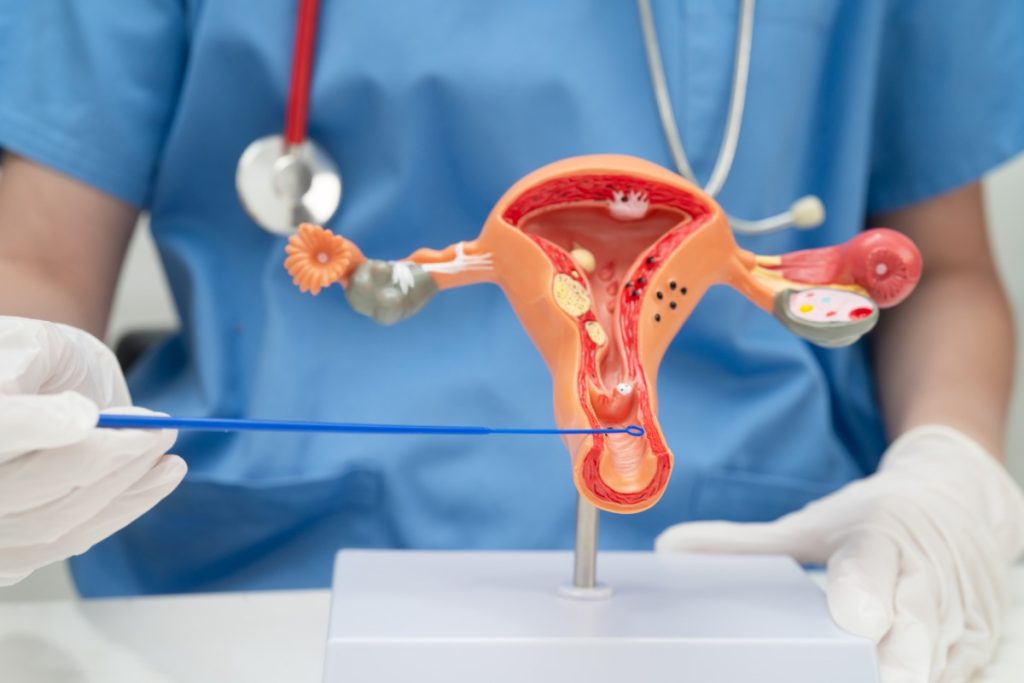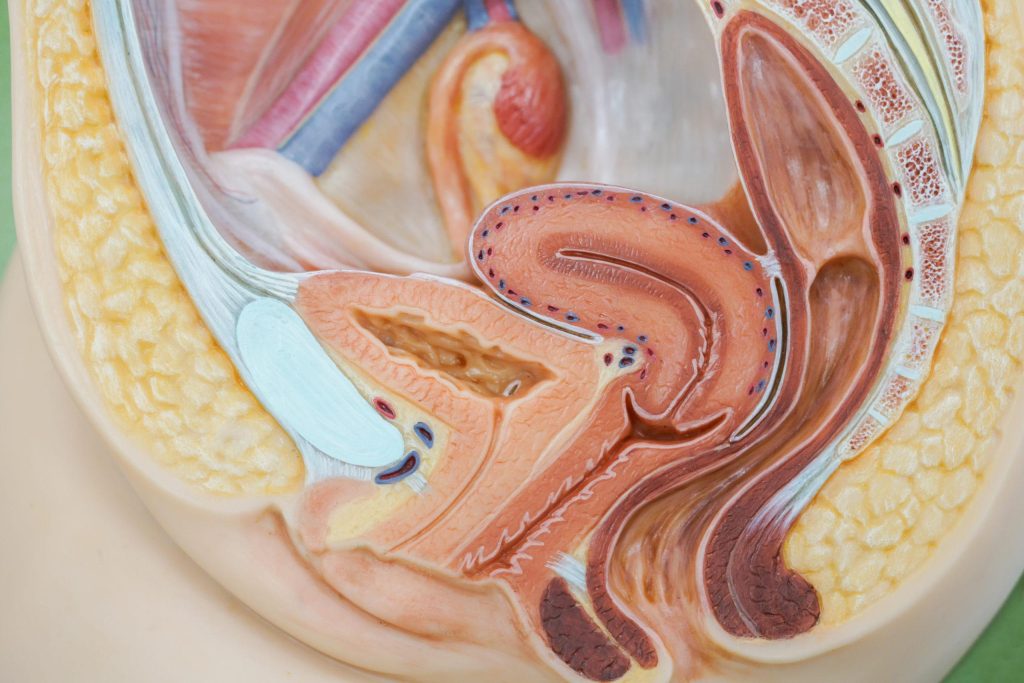A Journey Through Women’s Health
GP Doctors are trained to diagnose and treat a wide range of medical conditions and illnesses, manage chronic diseases, and provide preventive care. Let’s dive into more details about the role and responsibilities of a GP.
Importance of Regular Check-Ups
Regular gynecological check-ups are very important for maintaining overall health. These visits usually include pelvic examinations, Pap smears and breast examinations. These examinations are very important as they help to detect problems such as cervical cancer, breast cancer and other gynecological conditions early. Therefore, scheduling annual check-ups can significantly affect long-term health.
Menstrual Health
Menstrual health is a fundamental aspect of gynecology. Many women experience irregular periods, heavy bleeding, or severe cramps. These issues can be signs of underlying conditions like polycystic ovary syndrome (PCOS) or endometriosis. However, with proper diagnosis and treatment, these conditions can be managed effectively. For example, hormonal treatments or lifestyle changes can alleviate symptoms and improve quality of life.
PCOS and Endometriosis Management
Polycystic ovary syndrome (PCOS) and endometriosis are two common conditions that affect many women. PCOS is characterized by irregular periods, excess androgen levels, and polycystic ovaries. Endometriosis, on the other hand, occurs when tissue similar to the lining inside the uterus grows outside the uterus, causing pain and potentially leading to infertility. Both conditions require a tailored approach for management.
Contraception
and
Family Planning
Contraception and family planning are integral parts of gynecological care. There are various contraceptive methods available, including hormonal options like birth control pills, patches, and intrauterine devices (IUDs), as well as non-hormonal methods like condoms and diaphragms. It’s important to discuss with your gynecologist to find the method that suits your lifestyle and health needs. Effective family planning allows women to make informed decisions about their reproductive health.
Pregnancy and Prenatal Care
Pregnancy is a significant phase in a woman’s life, and prenatal care is vital for the health of both the mother and the baby. Regular prenatal visits help monitor the progress of the pregnancy and manage any complications that may arise. This includes routine ultrasounds, blood tests, and screenings for gestational diabetes and preeclampsia. Comprehensive prenatal care ensures that any potential issues are addressed promptly, contributing to a healthier pregnancy outcome.




Menopause
Management
Menopause is a natural part of aging, but it can cause a variety of physical and emotional changes. Symptoms such as hot flashes, night sweats, mood swings and vaginal dryness can affect daily life. However, treatments are available to relieve these symptoms. Hormone replacement therapy (HRT), lifestyle changes and alternative therapies can provide relief. It is important to discuss these options with your gynecologist to determine the best approach to managing menopausal symptoms.
Pelvic Floor
Disorders
Pelvic floor disorders such as urinary incontinence and pelvic organ prolapse affect many women, especially as they age. These disorders can significantly affect quality of life. However, effective treatments are available. Pelvic floor exercises, medications and surgical options can help manage these conditions. Early intervention and appropriate management are key to improving outcomes.
Blog
Understanding Pelvic Exams and What to Expect
Many people hear the term pelvic exam and immediately feel uneasy. The phrase alone can create anxiety, confusion, or embarrassment. Some imagine pain or judgment, while others simply feel unsure.[…]
Read moreHow to Prepare for a Gynecological Surgery
Preparing for gynecological surgery can feel overwhelming at first, yet thoughtful planning, clear communication, and supportive guidance help patients navigate the process more confidently while reducing stress and improving overall[…]
Read moreFemale Genital Anatomy: A Guide to Understanding
Female genital anatomy includes interconnected structures that support reproduction, protect internal organs, maintain hormonal balance, and enable natural bodily functions that shift throughout life based on health, age, and biological[…]
Read moreThe Connection Between Mental Health and Hormones
Hormonal changes can influence emotions in surprising ways because the body and mind constantly communicate through chemical signals that shift throughout daily life and create reactions people often notice without[…]
Read moreHormone Replacement Therapy: Benefits and Risks
Individualized hormone therapy relieves vasomotor-symptoms, preserves bone, improves sleep; timing/dose/route shape cardiometabolic, thromboembolic, and breast-risk. What everyday story captures the HRT dilemma? You wake at 3 a.m., sweating, heart racing,[…]
Read moreManaging Perimenopause Symptoms Naturally
The phase preceding menopause, known as perimenopause, is an intricate biological transition characterized by profound and often unpredictable hormonal fluctuations, primarily of estrogen and progesterone. It is a period that[…]
Read moreHow Menopause Affects the Body and Overall Health
The biological shift known as menopause is far more than simply the cessation of menstrual cycles; it represents a profound systemic transition driven by the dramatic decline in ovarian estrogen[…]
Read moreEarly Signs of Ovarian Cancer You Should Never Ignore
The diagnosis of ovarian cancer often arrives too late, a persistent and unfortunate reality tied directly to the disease’s infamous reputation as the “silent killer.” This label, while dramatically illustrative,[…]
Read moreManaging Painful Periods Without Medication
The monthly experience of menstruation, while a natural and essential biological function, often brings with it the burden of dysmenorrhea, a medical term for painful periods that can range from[…]
Read more








